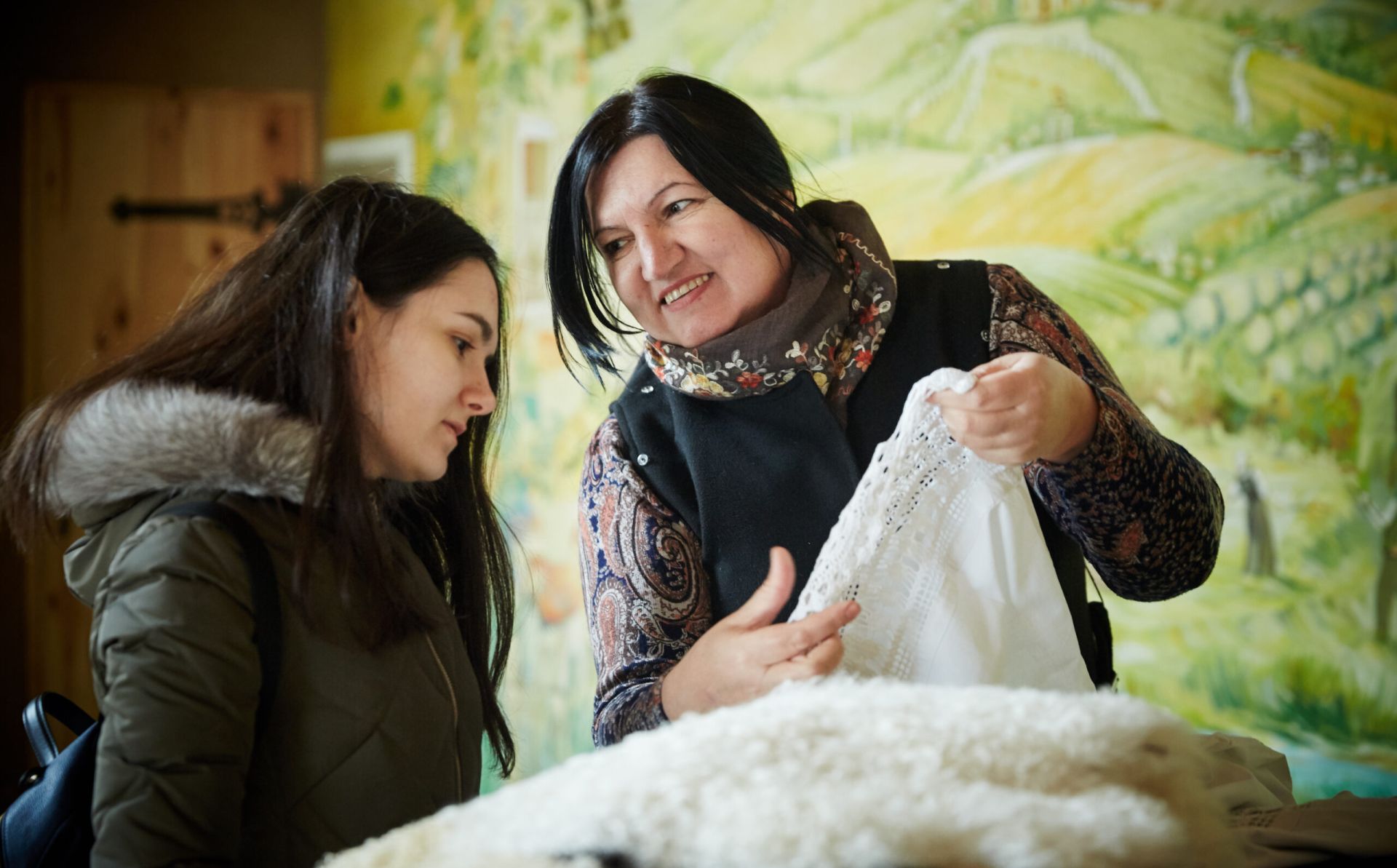
How the EU is helping Moldovan women to change their country
From working on soil protection or conducting civil society development training, to helping institutions become more publically visible or implementing a dream project in their home country… This article presents the stories of five women from the Republic of Moldova who were inspired, empowered, supported and trained by EU programmes, and are now working to change their country for the better.
Corina Leah: the scientist who perfected her skills through the Erasmus+ programme
Corina Leah is a young scientist, who has already made valuable contributions to the scientific world in the Republic of Moldova. She works as an engineer-pedologist (soil scientist) at the ‘Nicolae Dimo’ Institute of Pedology, Agrochemistry and Soil Protection and has contributed to several publications in the field.
Corina says she polished her professional and personal skills during the year she studied biology at Karl-Franzens University in Graz, Austria. A participant in the Erasmus Mundus European Mobility with Neighbouring ReGion in the East (EMERGE) programme, Corina took part in courses that were not available back home, along with a lot of practical seminars.
“The Austrian education system is very different from the Moldovan one,” she explains. “You can choose the classes you want to attend and organise your day. You also have free access to more sources of information and computer rooms.”
“The Erasmus+ programme is a challenge that enhances personality development through free thinking and decision-making, as well as the ability to master various situations,” she adds.
For Corina, the experience not only changed her vision of her studies, but also of the world in general.
“After an exchange of experience, the whole world becomes a family,” she concludes. “Cultural differences are no longer a barrier to communication and social integration. This situation is also true for me; wherever I travel, I feel at home. I encourage this initiative and urge students to apply for the programme.”
Steliana Burlacu: the trainer who brought her experiences abroad back home
Steliana Burlacu is a trainer for civil society organisations in the Republic of Moldova. She has also established The Foundation for Education and Development – Moldova, a non-governmental organisation (NGO) that aims to raise people’s quality of life in the most diverse fields through research, education and development training.
Steliana says the Training of Trainers programme, organised under the EU-funded Civil Society, Dialogue for Progress project, inspired her. The training programme was designed to prepare qualified trainers for civil society organisations in their home countries. After taking part in the programme, she won a grant that helped her to continue her activity in the non-governmental sector.
“I already had experience in the field, but the programme inspired me to continue this work,” Steliana says. “I became more aware of the importance of civil society participation in the development process of the country.
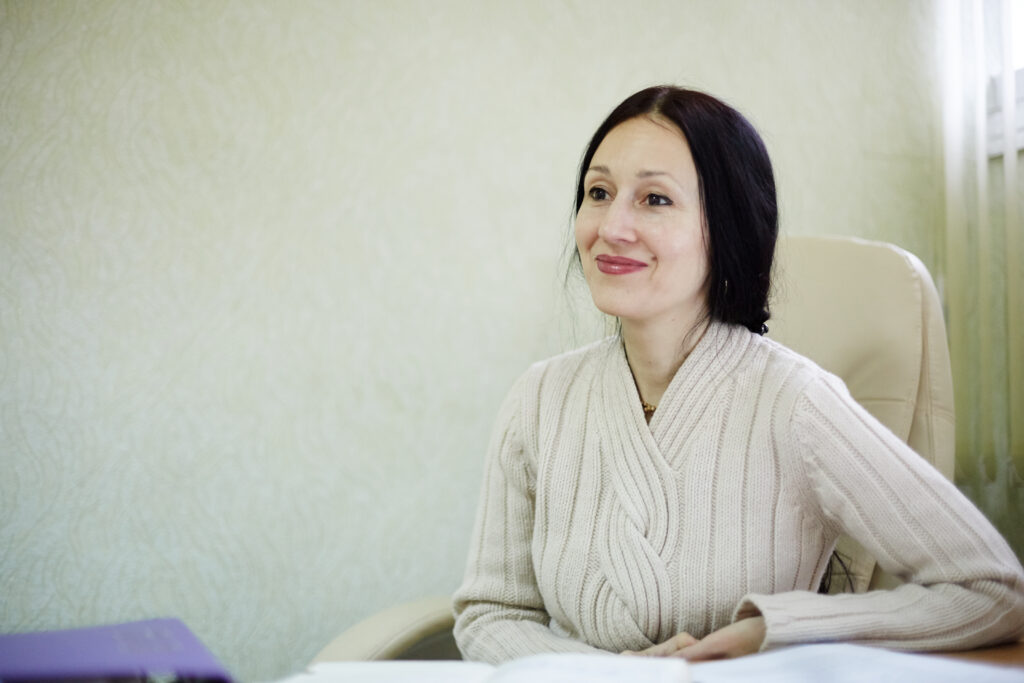 Steliana Burlacu
Steliana Burlacu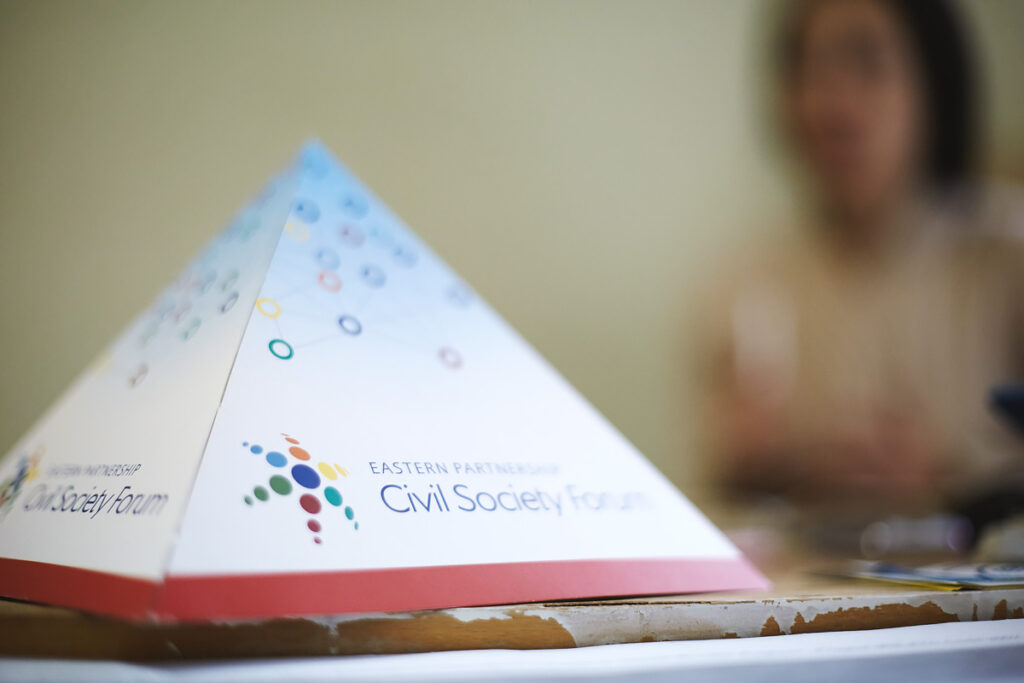 Steliana participated in the training programme organised by the EU-funded Civil Society, Dialogue for Progress project
Steliana participated in the training programme organised by the EU-funded Civil Society, Dialogue for Progress project
Steliana’s foundation has already launched two human development programmes, which are accredited by European associations: one in the field of art therapy and another one in transpersonal development.
Through her work, Steliana aims to bring the experience she gained abroad back to her home country. “Due to its location, size and potential, Moldova could become a model of living just like Switzerland or Belgium. I plan to share models of organisation and standards of living from these countries with my countrymen through international collaborations with relevant NGOs.”
“I care a lot about my country and I realise if we all leave, it will become a country without any people,” she says. “I will do my best to bring my experience from abroad back into the Republic of Moldova and I believe we can also succeed.”
Ana Statova: the entrepreneur who turned her love for tradition into unique business
Ana Statova is a businesswoman from the Autonomous Territorial Unit of Găgăuzia, who opened an agro-touristic guesthouse – ‘Gagauz Sofrasi’ – in Congaz village. The entrepreneur received financial and technical support through the EU-funded Support for Agriculture and Rural Development in ATU Găgăuzia and Taraclia District (SARD) programme.
Ana’s journey began with a hall, rather than a guesthouse. Inspired by big wedding ceremonies organised in the region, she opened the first festivity hall in Congaz and quickly saw it become a popular venue. She also saw that her more long-distance guests had a recurring need.
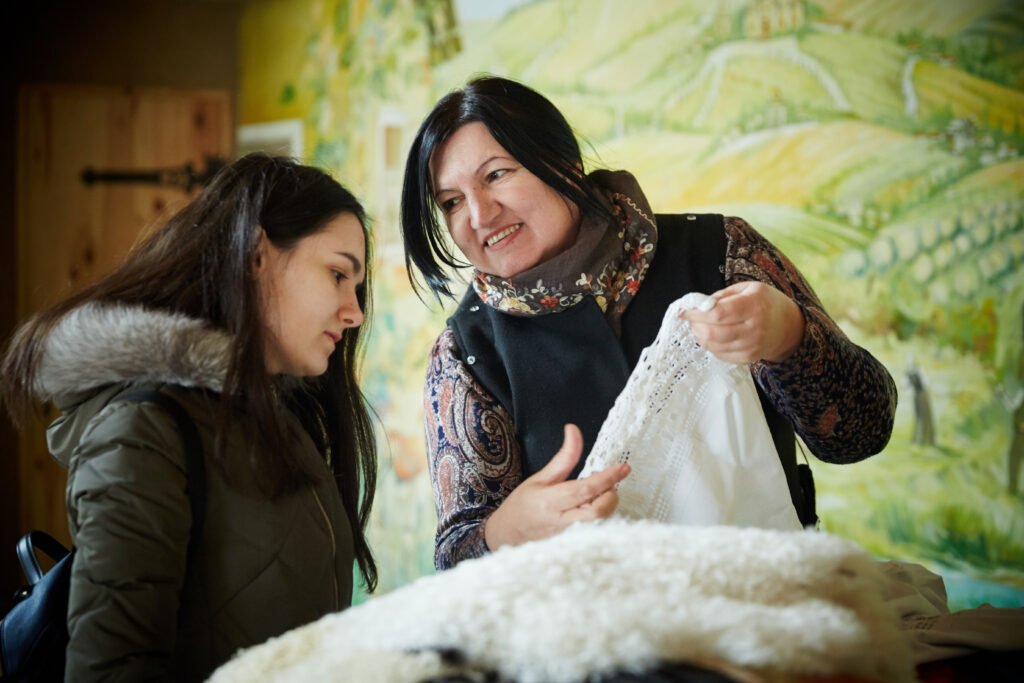 Ana Statova
Ana Statova Ana Statova
Ana Statova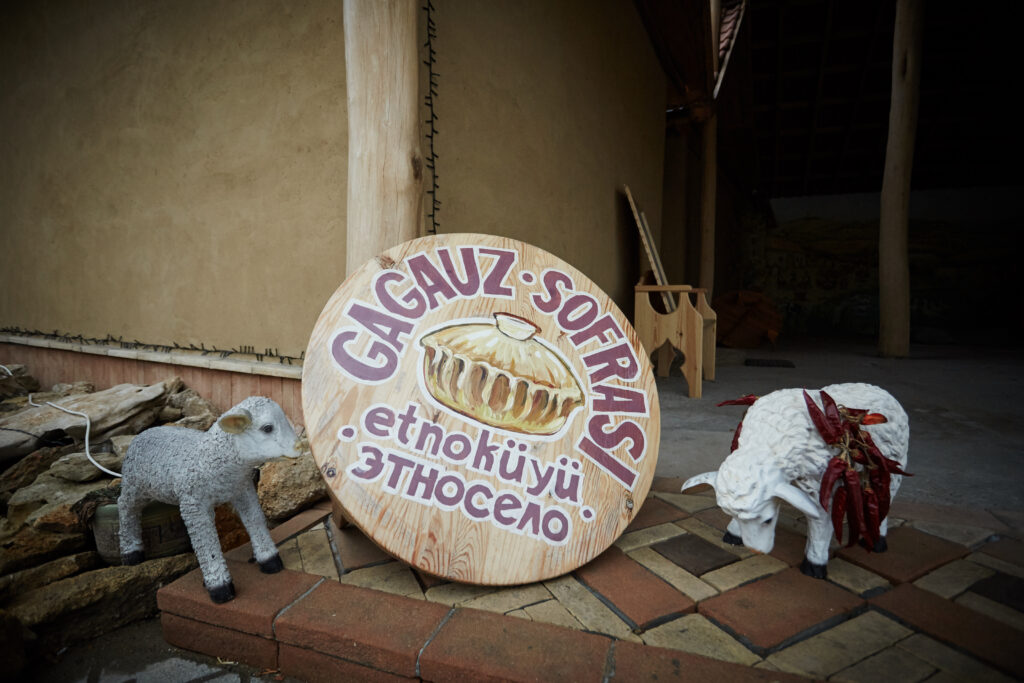 Anna’s agro-touristic guesthouse – ‘Gagauz Sofrasi’ – in Congaz village.
Anna’s agro-touristic guesthouse – ‘Gagauz Sofrasi’ – in Congaz village.
“A wedding is one of the only events that brings everyone together,” Ana explains. “Some guests, coming from far away, used to ask ‘Where can we stay overnight here?’ and the idea of a guesthouse came to mind.”
Gagauz Sofrasi started life as two small cottages, as well as a museum with objects reflecting the occupations and clothing from Congaz’s past. Over time, the entrepreneur decided to develop her business, with particular emphasis on the region’s traditions. The idea to create a genuine traditional ethnic villa was supported by the EU, and Anna started implementing her dream.
“People in the city started to contribute with objects from their ancestors,” Ana shares. “We are continuing to work on the villa with so much love. God sends people my way who want to help preserve our traditions.”
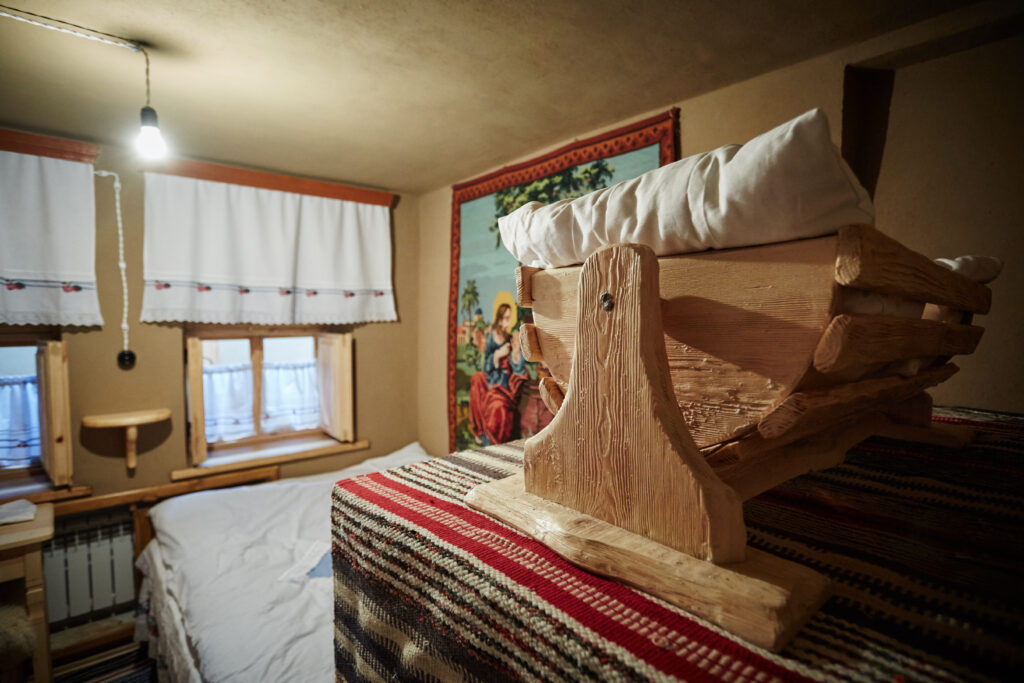 House decorated according to Gagauzian traditions created by Anna
House decorated according to Gagauzian traditions created by Anna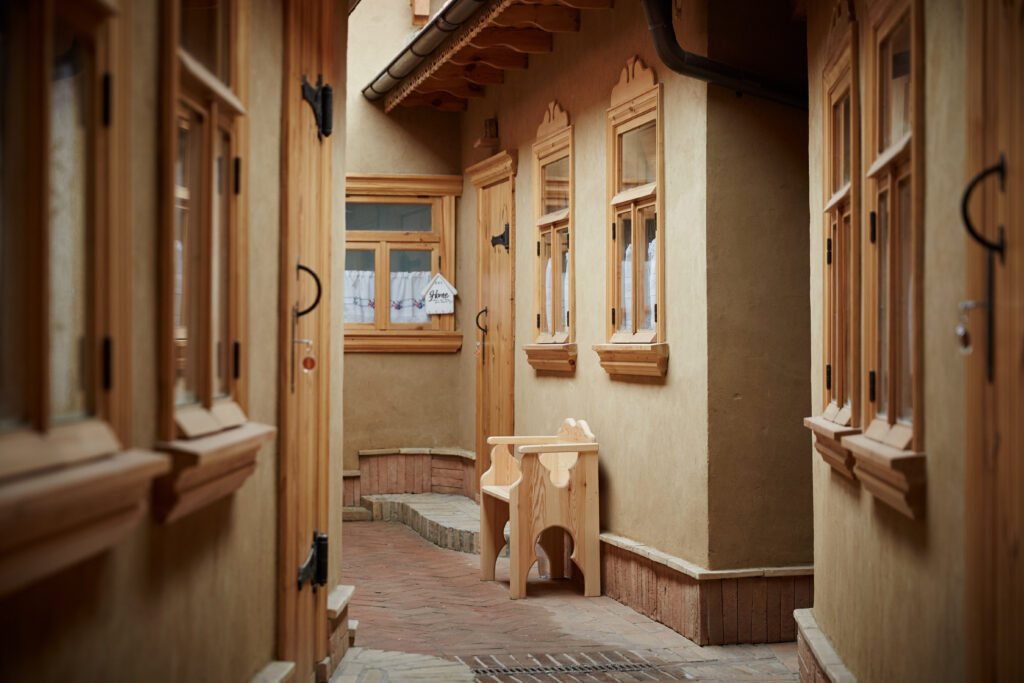 Anna’s agro-touristic guesthouse – ‘Gagauz Sofrasi’ – in Congaz village.
Anna’s agro-touristic guesthouse – ‘Gagauz Sofrasi’ – in Congaz village.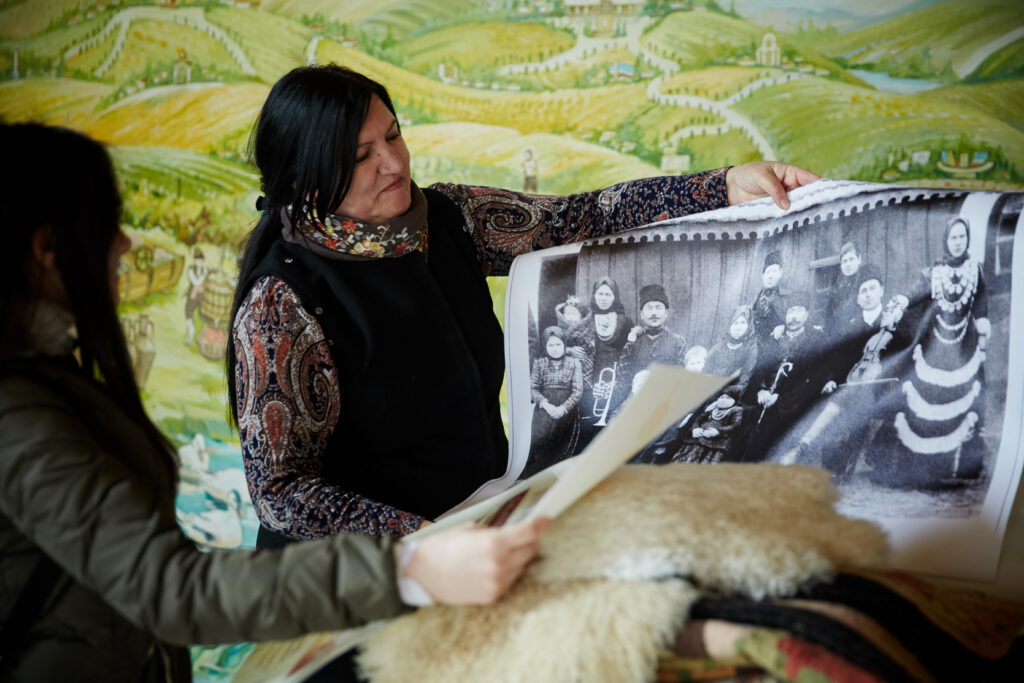 Anna Statova
Anna Statova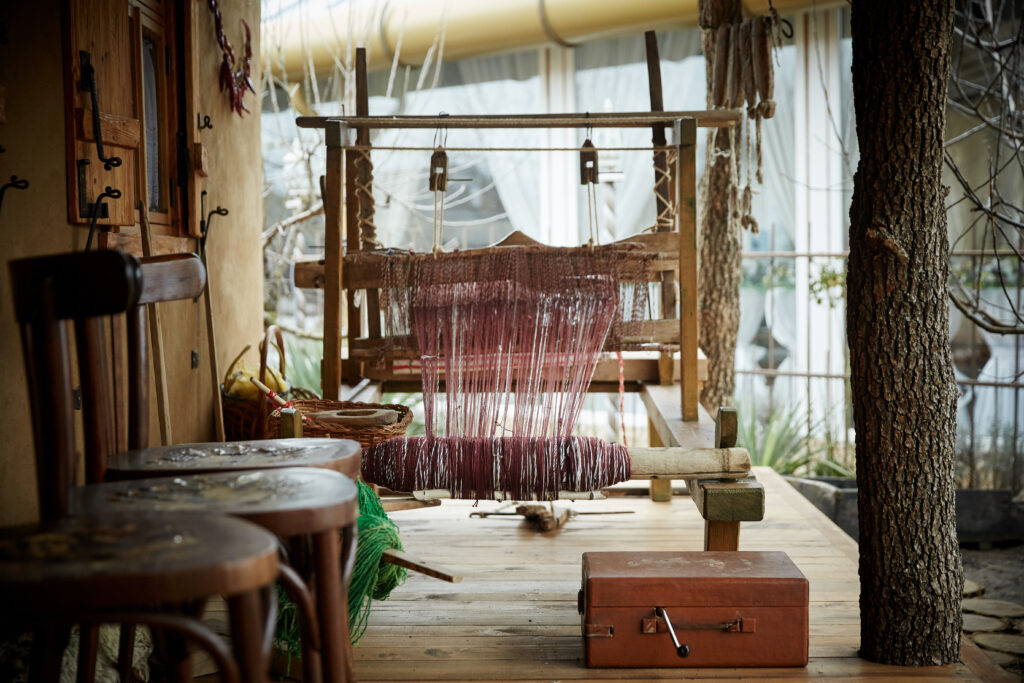 Inside Anna’s agro-touristic guesthouse – ‘Gagauz Sofrasi’ – in Congaz village.
Inside Anna’s agro-touristic guesthouse – ‘Gagauz Sofrasi’ – in Congaz village.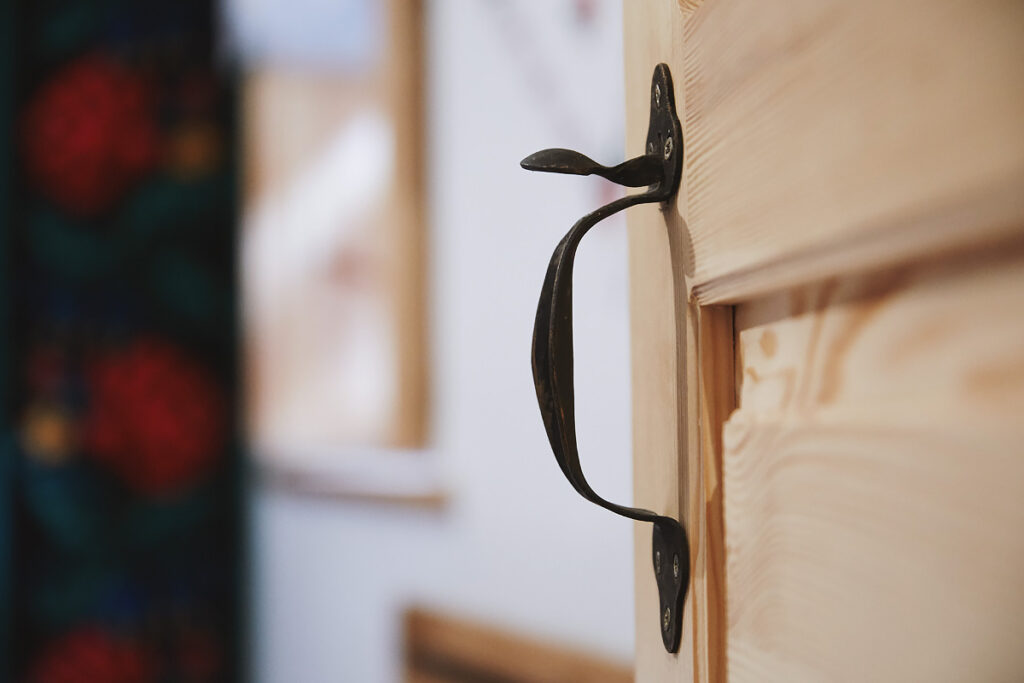 Inside Anna’s agro-touristic guesthouse – ‘Gagauz Sofrasi’ – in Congaz village
Inside Anna’s agro-touristic guesthouse – ‘Gagauz Sofrasi’ – in Congaz village
Part of the charm of the guesthouse lies in its makeup: a few wooden cottages that form a miniature courtyard. The complex can accommodate 20 people and is built entirely of ecological materials. The architectural elements replicate, down to the smallest details, the lifestyle of people in the region 100 years ago.
In the future, Ana plans to hold tastings in the guesthouse’s cellar and serve traditional dishes from the Găgăuzia region on the picturesque terrace in order to promote the region’s food.
“If you do everything with love, it will be successful,” she concludes.
Raisa Novițchi: the Border Police press officer who brought colour to the institution
Raisa Novițchi has worked for the Border Police since 2010, when she joined as a senior specialist. Today she is the head of the Public Relations section and has been involved in implementing several information campaigns designed to promote the institution, including with support from the EU Border Assistance Mission to Moldova and Ukraine (EUBAM).
“Today we are much more transparent and responsive,” Raisa says. “The Border Police has became more visible in the public space.”
In 2016, with the support of EUBAM, the institution also launched the online platform frontiera.gov.md, where travellers can get useful information about state border traffic. There are also plans in place to run a campaign to ensure a better flow of information for citizens residing close to the border between the Republic of Moldova and its neighbours.
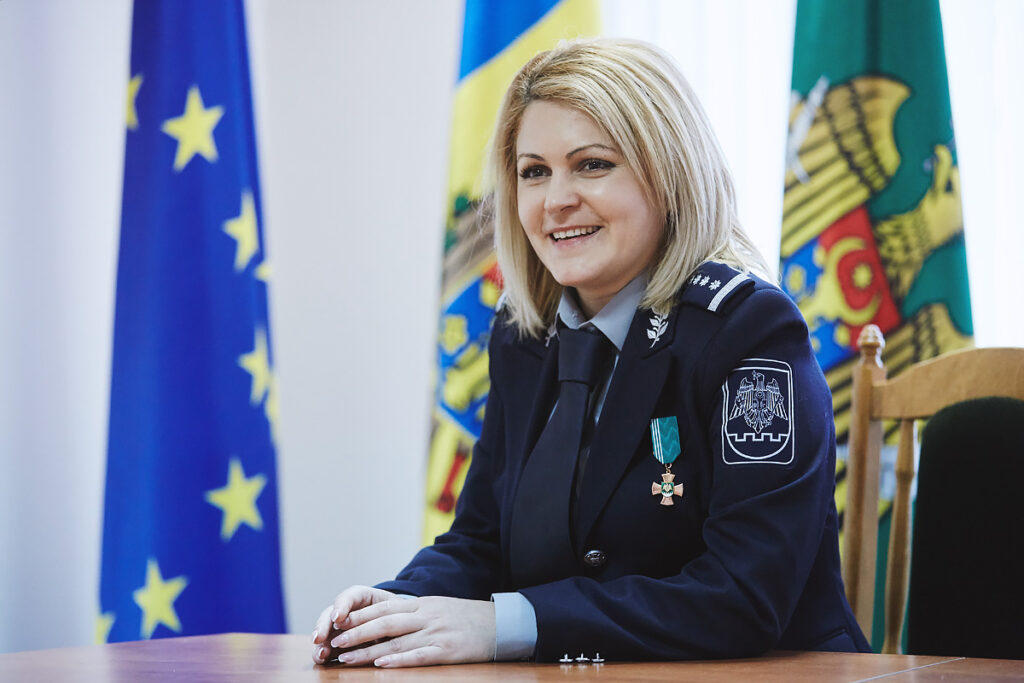 Raisa Novițchi
Raisa Novițchi
Besides the traditional activities required by the profession, Raisa also tries to bring some ‘colour’ to the Border Police.
“Every year, on 1 March, we meet with our colleagues from Romania and we exchange Mărțișors – the traditional red and white tassels given on 1 March. It is a beautiful act,” says Raisa shares, adding that the Moldovan press already knows that the Border Police will organise something special for the holidays each year. During the recent winter holidays, they went to the Ukrainian border where the team from the Republic of Moldova sang carols for their colleagues from Ukraine.
While seeing herself in the communications field, Raisa says she would like to try working at the state border, either in customs control or a border patrol unit. “It would be interesting for me to interact with the travellers,” she says. “I would like to see how I would react in various cases. Although I also like what I do now, especially the uniform!”
Diana Gudima, the businesswoman who brought croissants to Moldova
Diana Gudima thinks that everyone should contribute something beautiful to their country. Through her baking business, she aims to bring quality products to Moldova, as well as jobs.
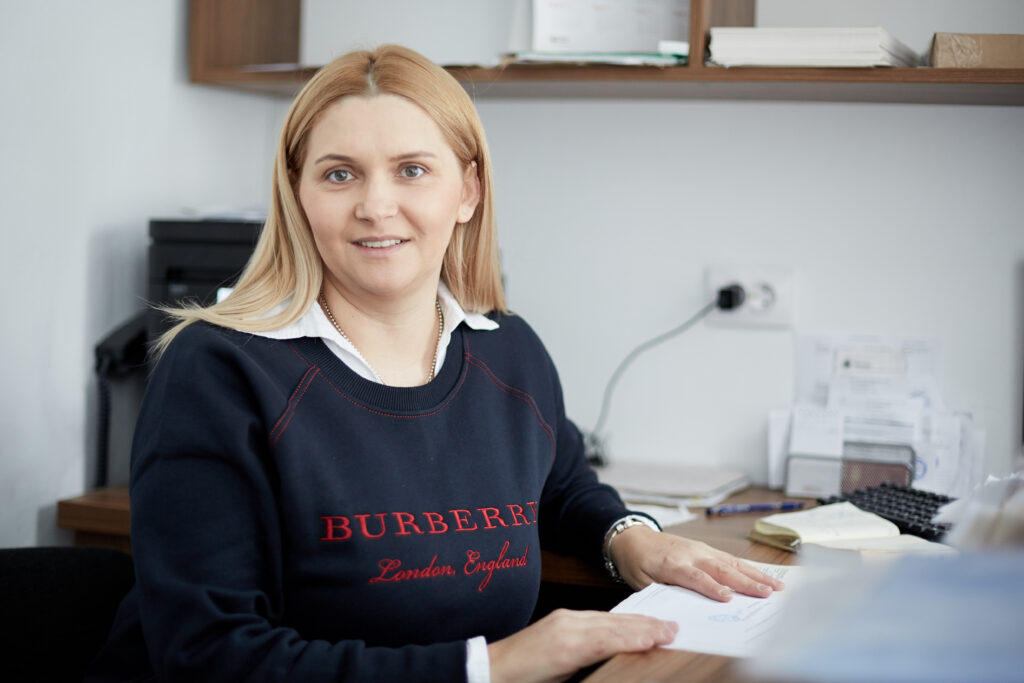 Diana Gudima
Diana Gudima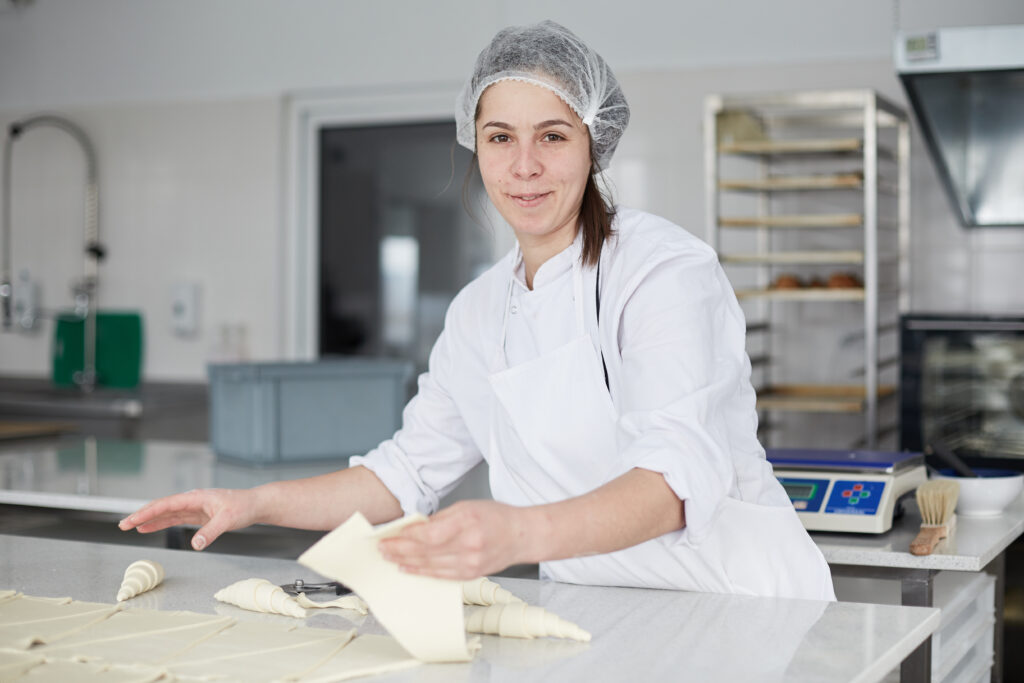 Women work at Diana’s company that produces and sells a variety of croissants
Women work at Diana’s company that produces and sells a variety of croissants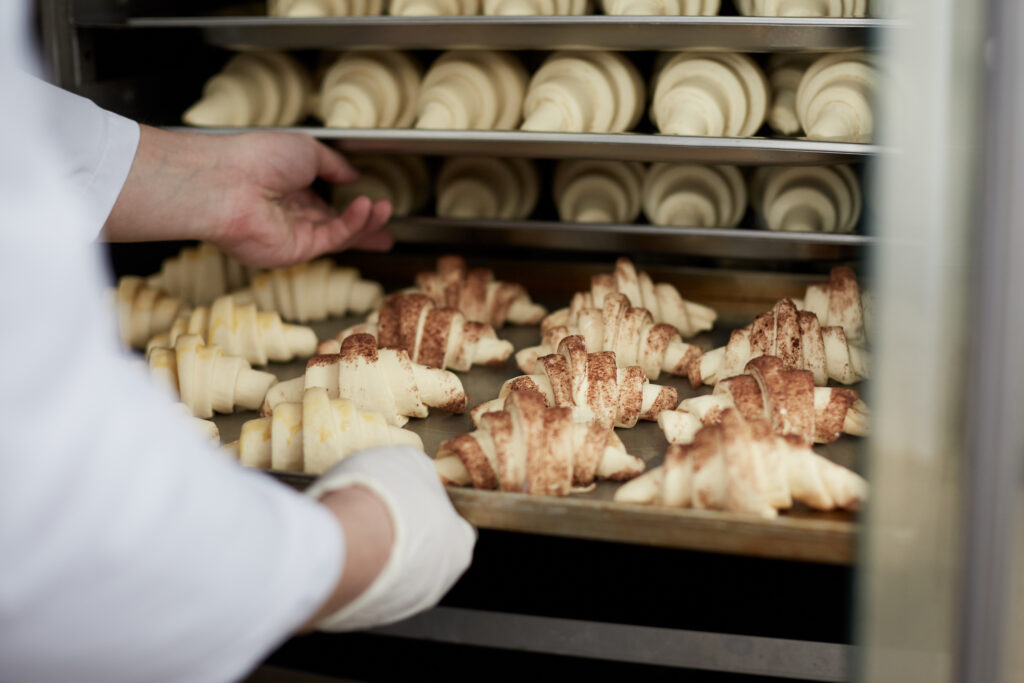 Inside Diana’s company that produces and sells a variety of croissants
Inside Diana’s company that produces and sells a variety of croissants
The inspiration for Diana’s business came from her travels abroad. “While travelling outside of the country with my family, often in Italy and Spain, we enjoyed a delicious croissant with coffee for breakfast,” she explains. “When we returned home, we realised that this tradition didn’t really exist – or was at least undeveloped – in Moldova.”
This realisation led Diana to launch CON-DELICIAS, a company that produces and sells a variety of croissants. The development of the company was possible thanks to a grant that Diana received through the EU-supported PARE 1+1 programme.
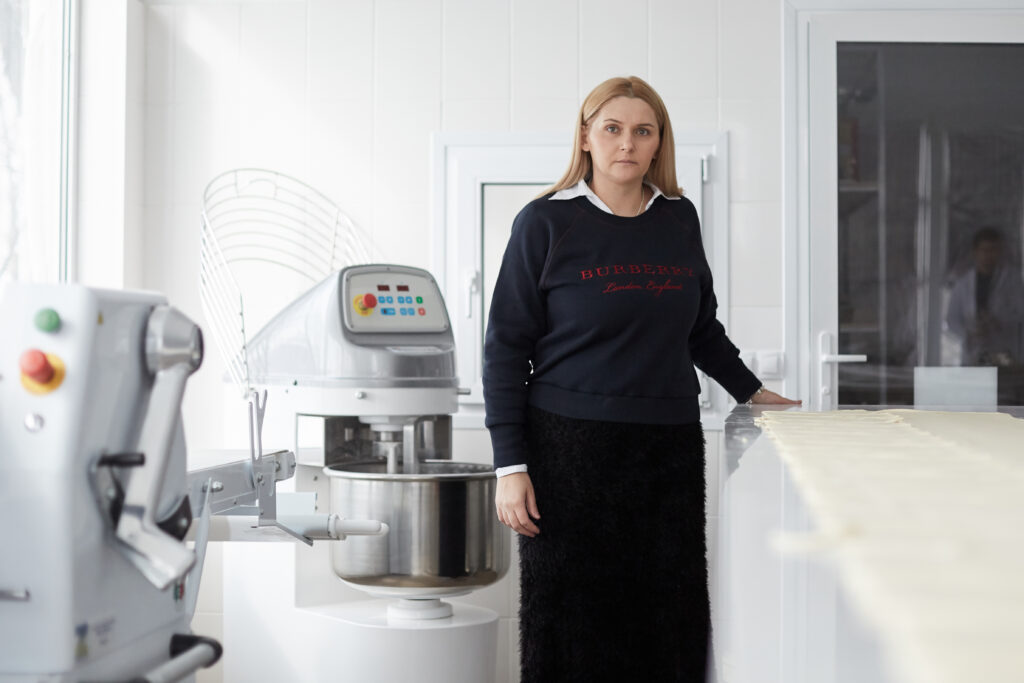 Diana Gudima inside her company that produces and sells a variety of croissants
Diana Gudima inside her company that produces and sells a variety of croissants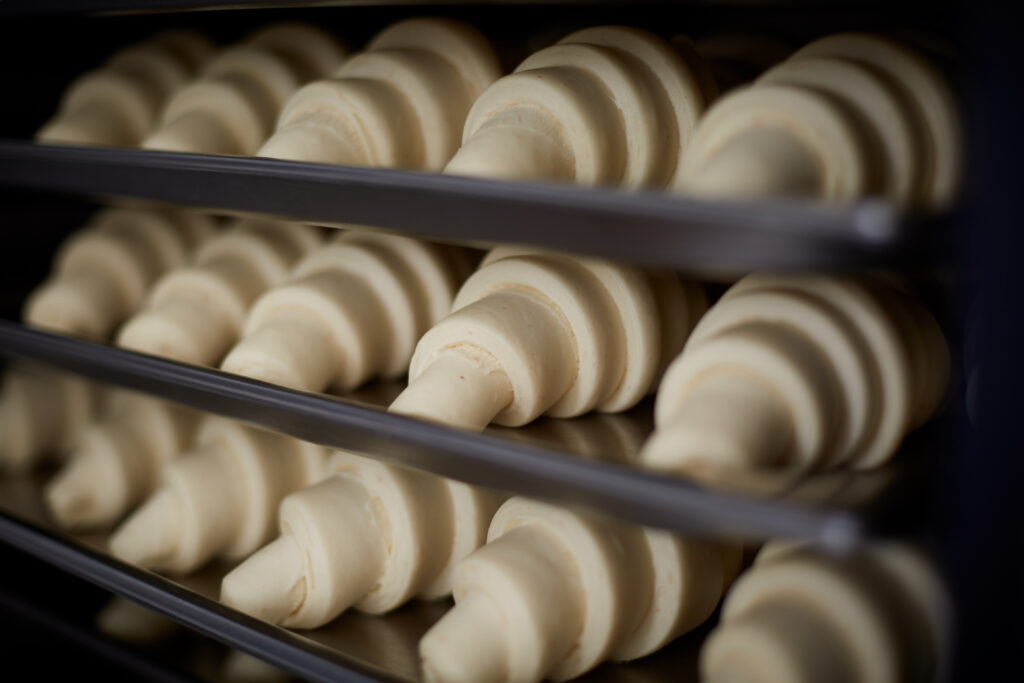 Inside Diana’s company that produces and sells a variety of croissants
Inside Diana’s company that produces and sells a variety of croissants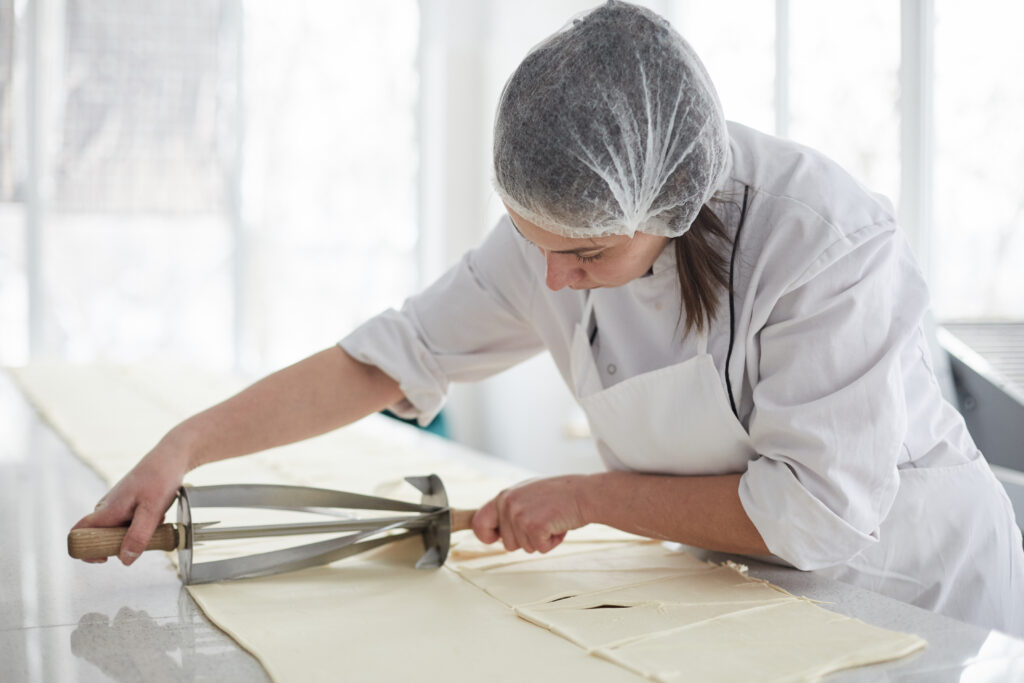 Working process inside Diana’s company that produces and sells a variety of croissants
Working process inside Diana’s company that produces and sells a variety of croissants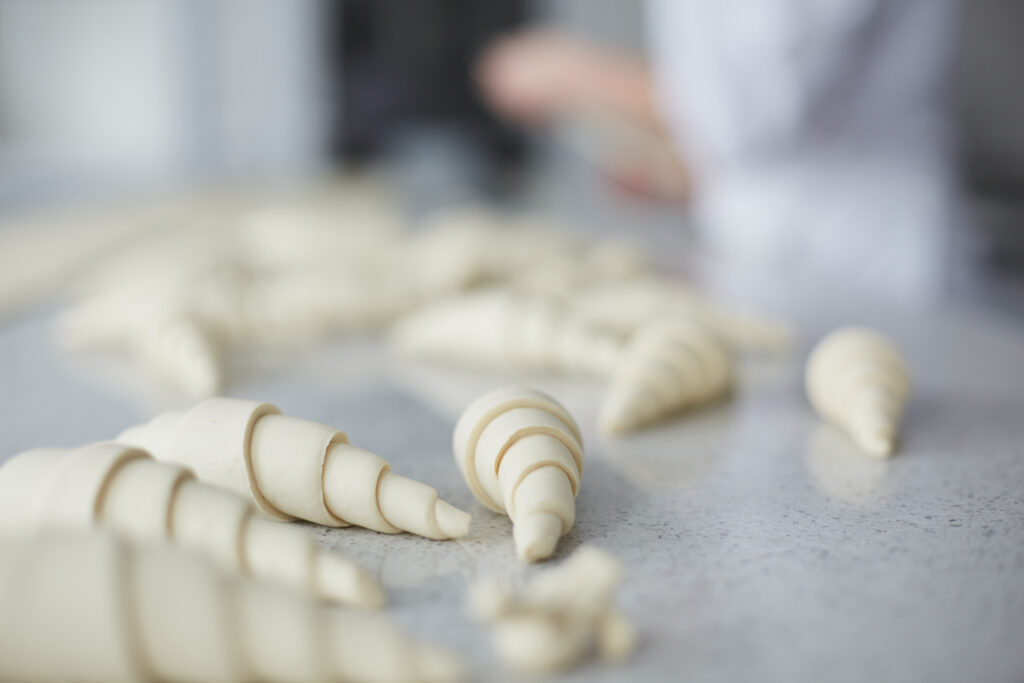 Diana’s company produces and sells a variety of croissants
Diana’s company produces and sells a variety of croissants
“After many months of trying, we came up with a secret recipe for a frozen croissant, ready to be baked,” Diana says. They began by selling their products to hotels, restaurants and the catering sector, before branching out to target families who might not have a lot of time to spend in the kitchen. This is how the idea of the production of frozen croissants came up.
“In the future, we aim to expand production and our range of products,” Diana says. “We also want to open a patisserie where you can relax with your family, savouring the most delicious croissants.”
Author: Adriana Vlas
Article published in Romanian language by UNIMEDIA (Moldova)
MOST READ
SEE ALSO

No, time is not on Russia‘s side

How to open an art business in Moldova: the experience of Alexandra Mihalaș

Be one step ahead of a hacker: check simple cybersecurity tips!
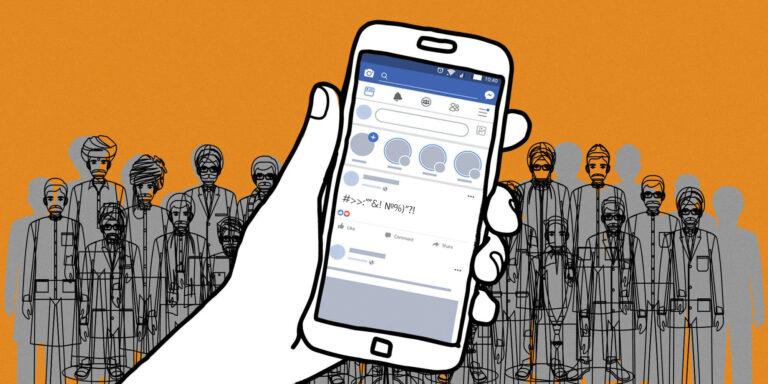
How to act and move on: strategies for women facing discrimination and online harassment
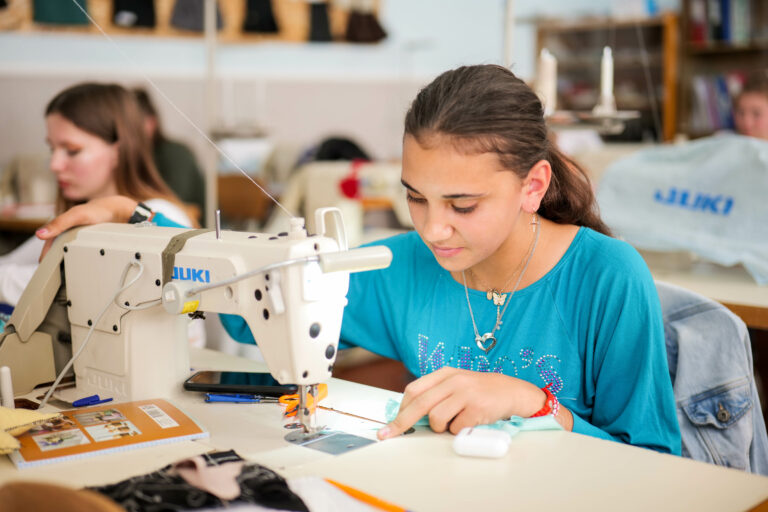
‘Learning is not a process but a journey’: the example of a school in Orhei
More campaign pages:
Interested in the latest news and opportunities?
This website is managed by the EU-funded Regional Communication Programme for the Eastern Neighbourhood ('EU NEIGHBOURS east’), which complements and supports the communication of the Delegations of the European Union in the Eastern partner countries, and works under the guidance of the European Commission’s Directorate-General for Neighbourhood Policy and Enlargement Negotiations, and the European External Action Service. EU NEIGHBOURS east is implemented by a GOPA PACE-led consortium. It is part of the larger Neighbourhood Communication Programme (2020-2024) for the EU's Eastern and Southern Neighbourhood, which also includes 'EU NEIGHBOURS south’ project that runs the EU Neighbours portal.

The information on this site is subject to a Disclaimer and Protection of personal data. © European Union,







